Speed Traps and Barbary Macaques
In my two trips to Morocco I’ve probably logged about 30 hours of driving; mostly between cities with a lot of kilometers to show for it. My reward for being an adventurous driver: four speeding tickets. I’ll admit to having a bit of a lead foot, but given I’ve only had one speeding ticket in the states in the past four years and only been pulled over twice, my experience in Morocco feels like it should be an aberration, but it likely. You see in Morocco there are speed traps and police checkpoints everywhere. I recently completed my first major road trip (see map below) across the Morocco and I probably saw one police checkpoint for just about every 1.5 hours of driving. At just about every checkpoint there are several cars pulled over with drivers pleading their case to no avail.
I know you guys are probably thinking, why don’t you just slow down? Well its not quite that simple. In order to drive under the speed limit, you need to know what the speed limit is. Speed limit signs are posted sparingly and they change with little warning. I was tempted to argue with the officer during my last infraction to use the fine to put up more speed limit signs. In addition to this, the police offer little grace to offenders, just a few km/hr over the speed limit you will get a ticket. I’ve seen several offenders try to talk their way out of it but to no avail. Fortunately most speeding tickets are relative cheap (at least by US standards) ranging between $17-35. The process is quite different as well. You are expected to pay the ticket then and there. The first time I was pulled over I was sure I was being shaken down for a bribe and I argued with the policemen and eventually only complied after several locals paid then and there. After speaking to other Moroccans this is the typical practice even if it seems really shady.
I recently asked a Moroccan acquaintance about the ubiquity of police checkpoints across Morocco and she expressed that this is one way in which King Mohammed VI projects his power. According to her, the King would like Moroccans to feel like he is omnipresent as a means of discouraging crime or any sort of political agitation. I suspect another element may be at play. You see, unemployment in Morocco has hovered between 11-14 percent for the past several decades. Droves of unemployed young men, many of whom would be ideal candidates for the police, can become a problem. Using the police as a means of easing some of the burden on the private sector is not uncommon. Morocco would hardly be the first Arab government to bloat the public sector as a means of job creation despite the monetary risks. If you are going to hire a lot of police you might as well put them to work raising revenue, even if it is marginal, and hundreds of $35 tickets can add up in country where the per capita GDP is about $4000.
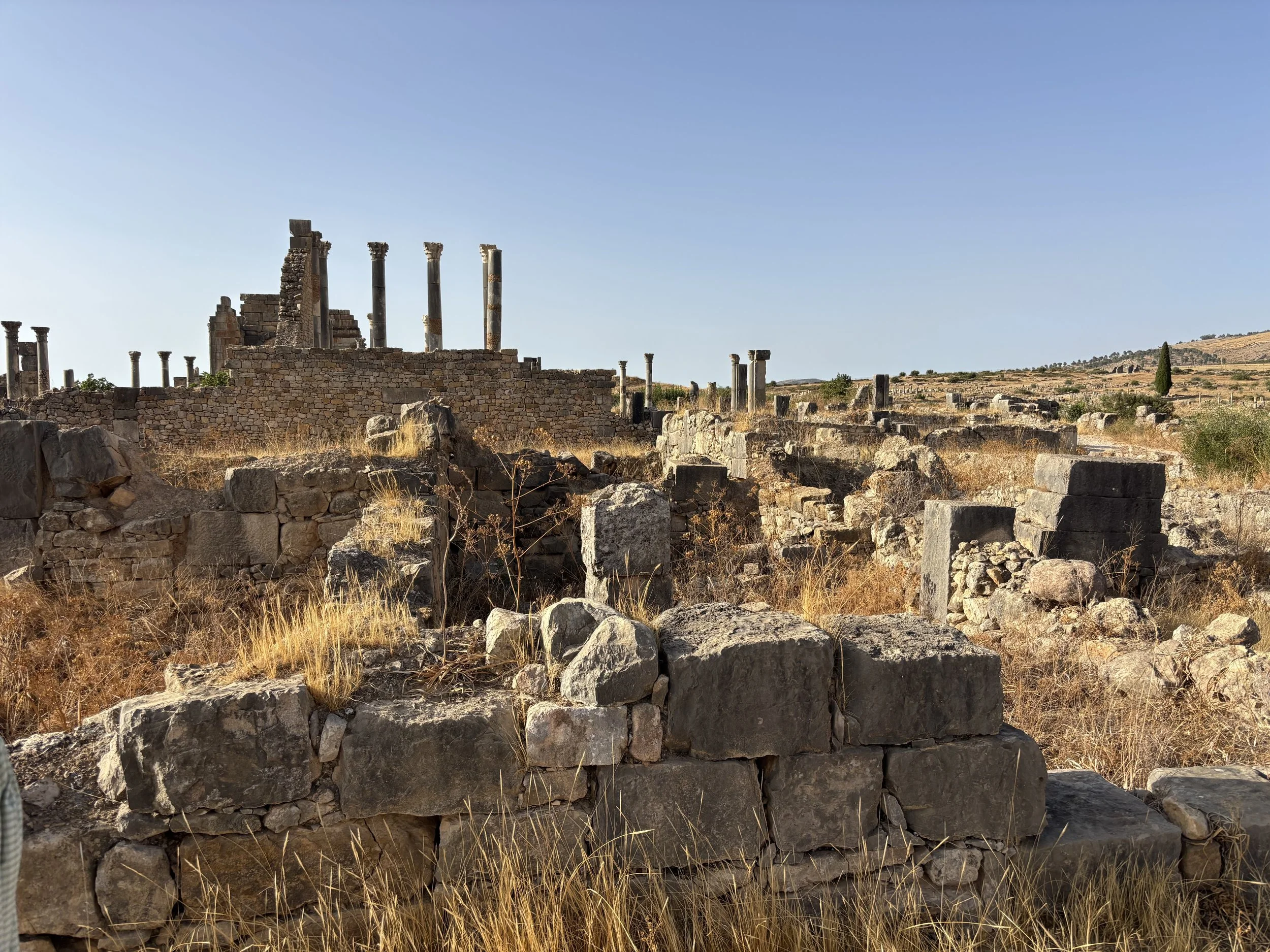
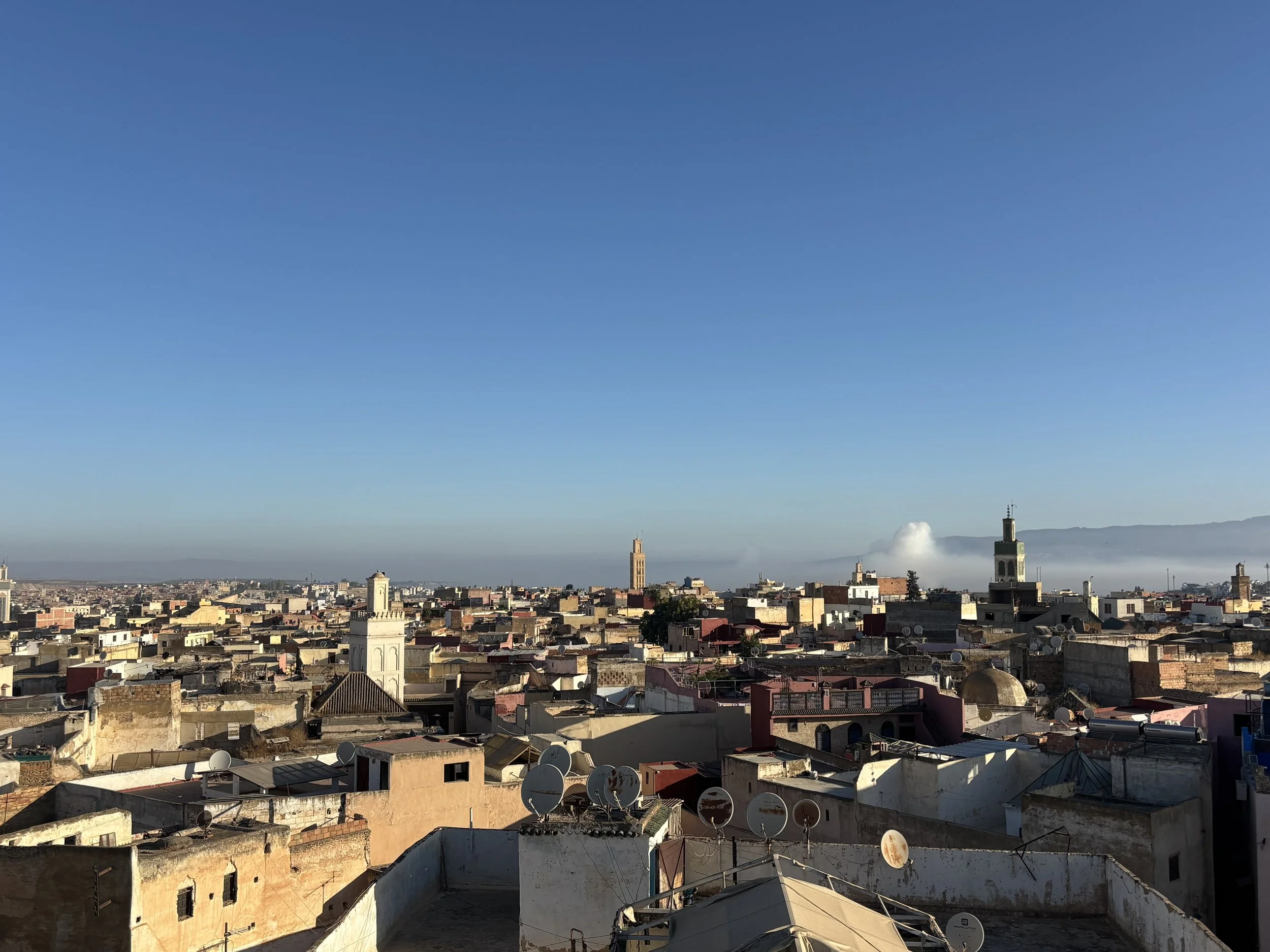
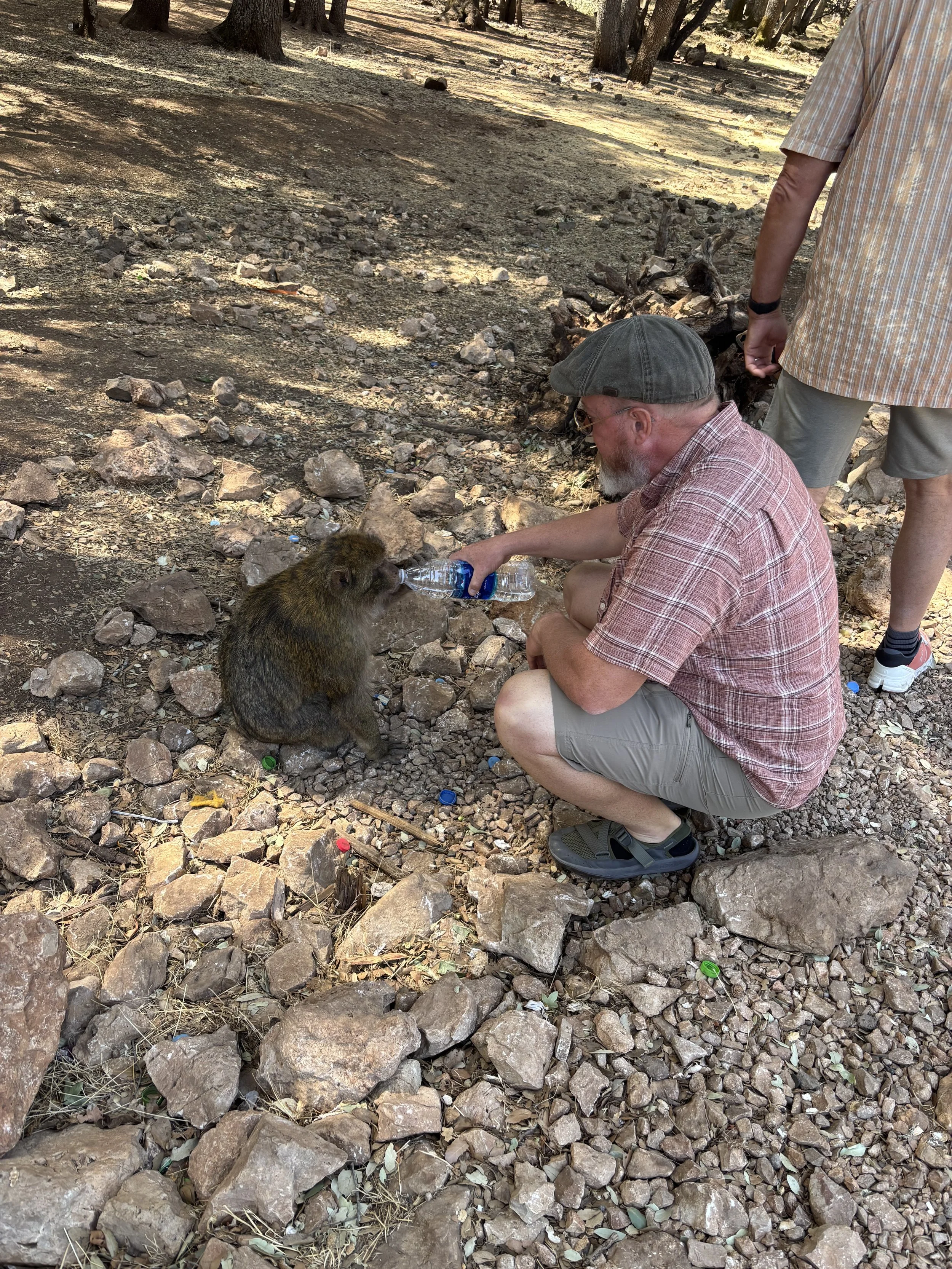
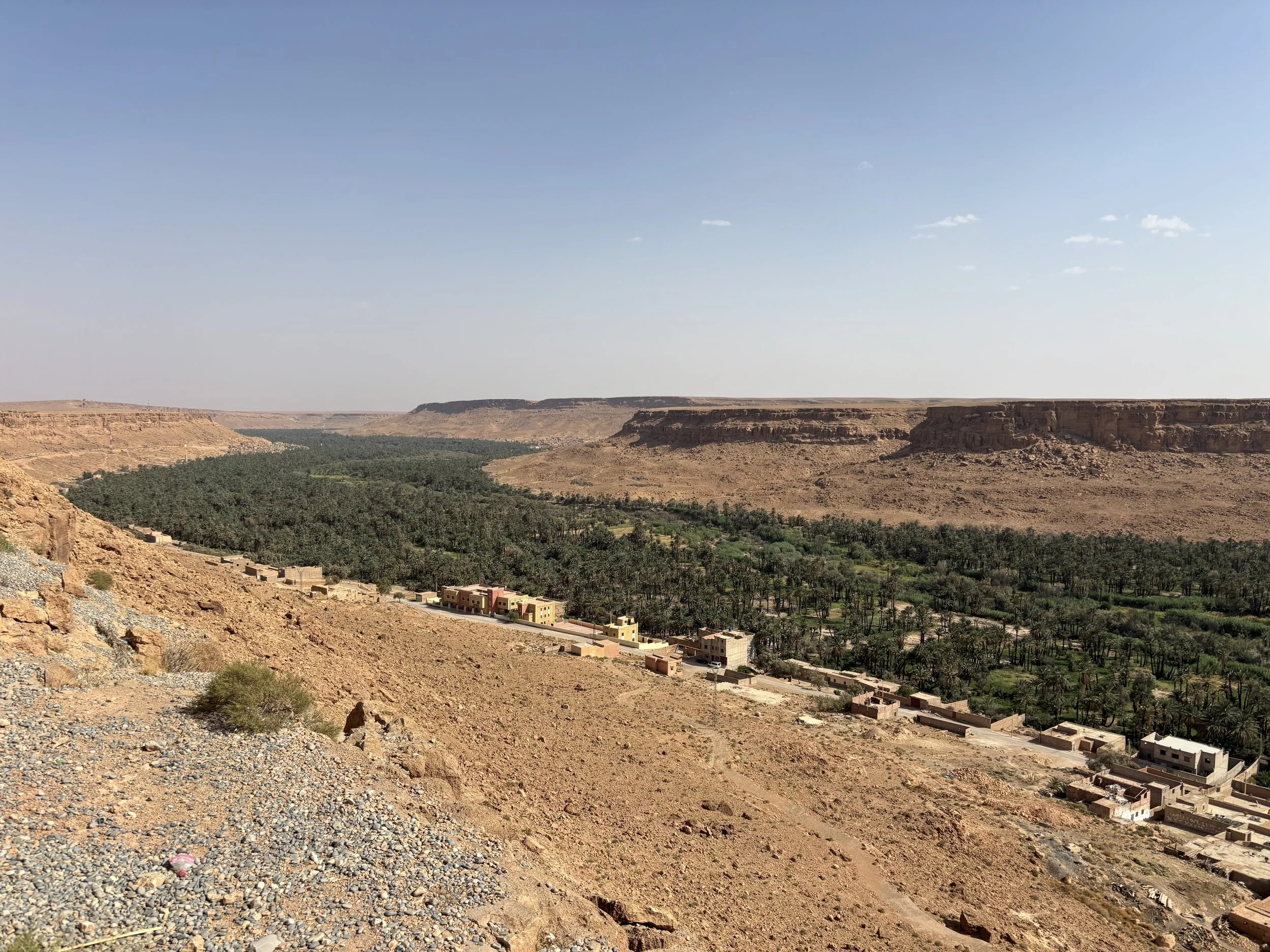
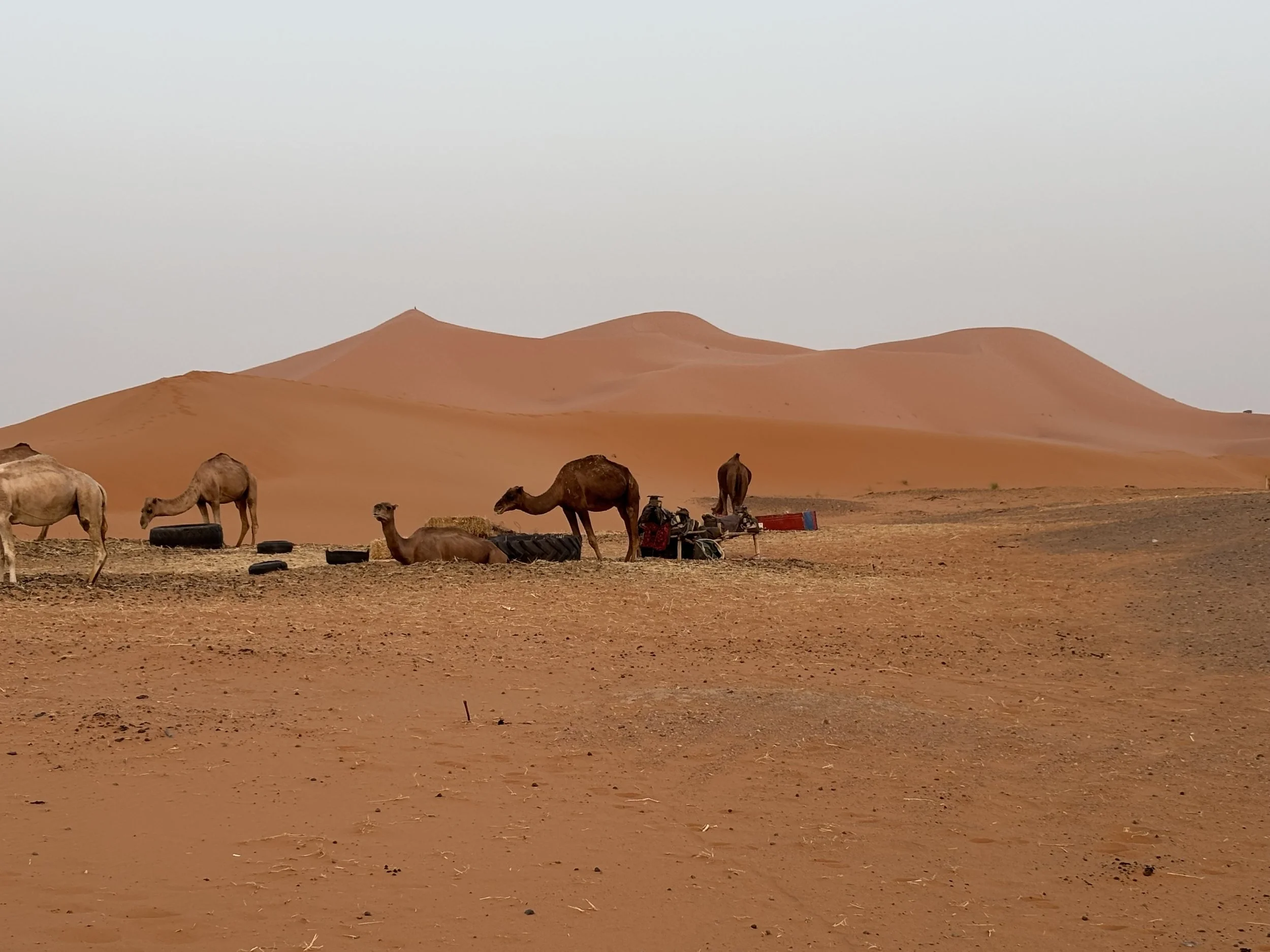
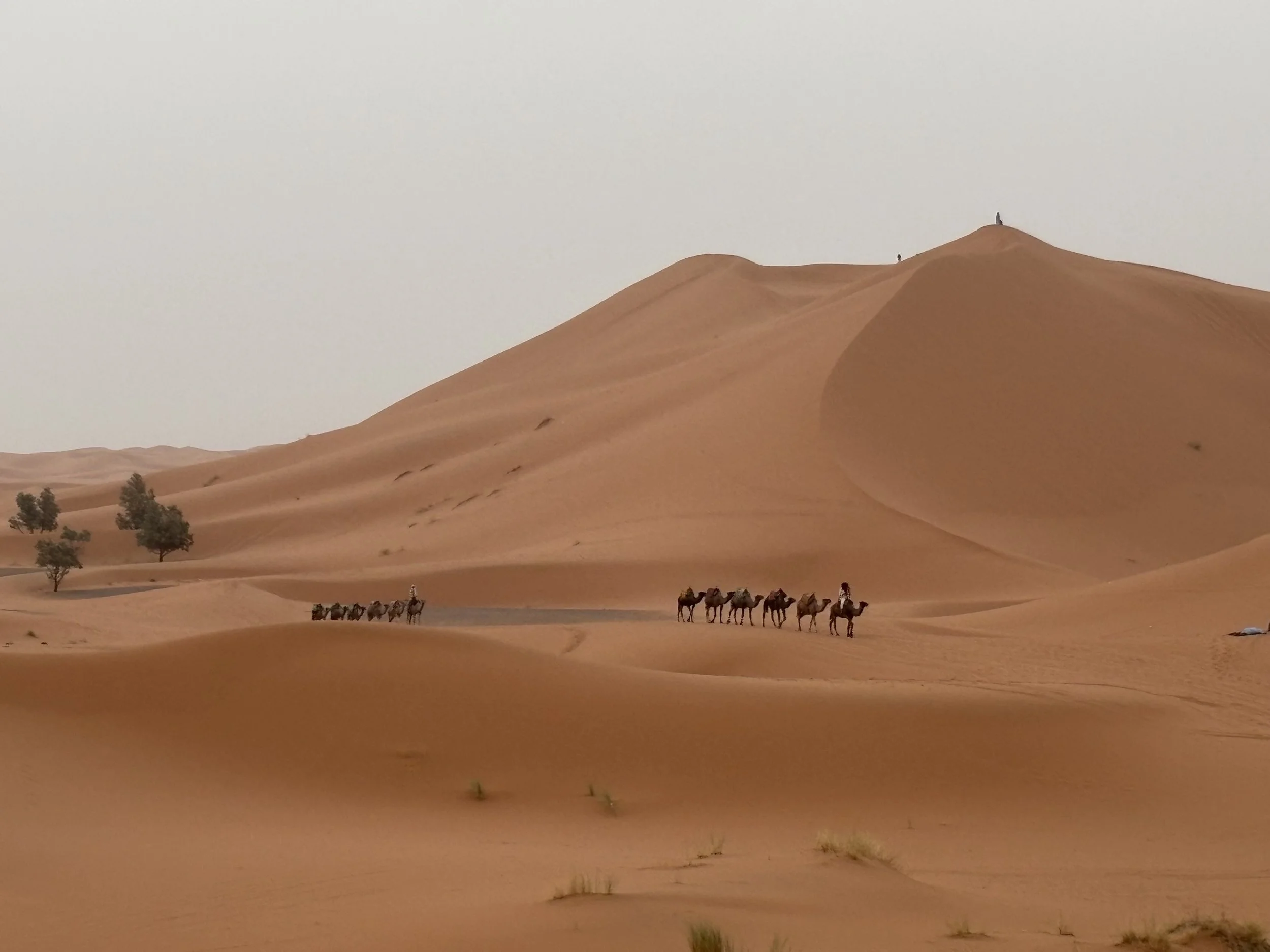
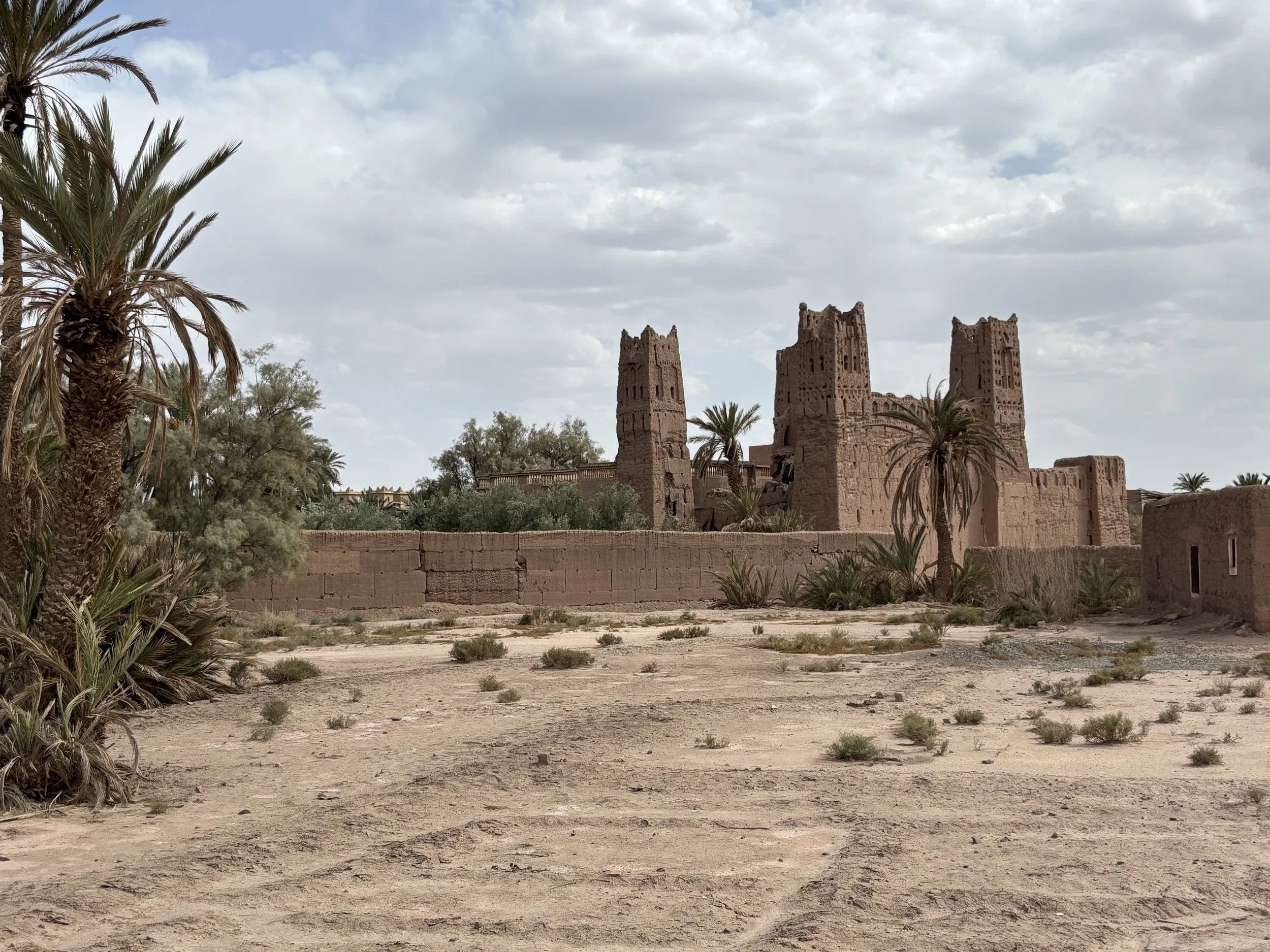
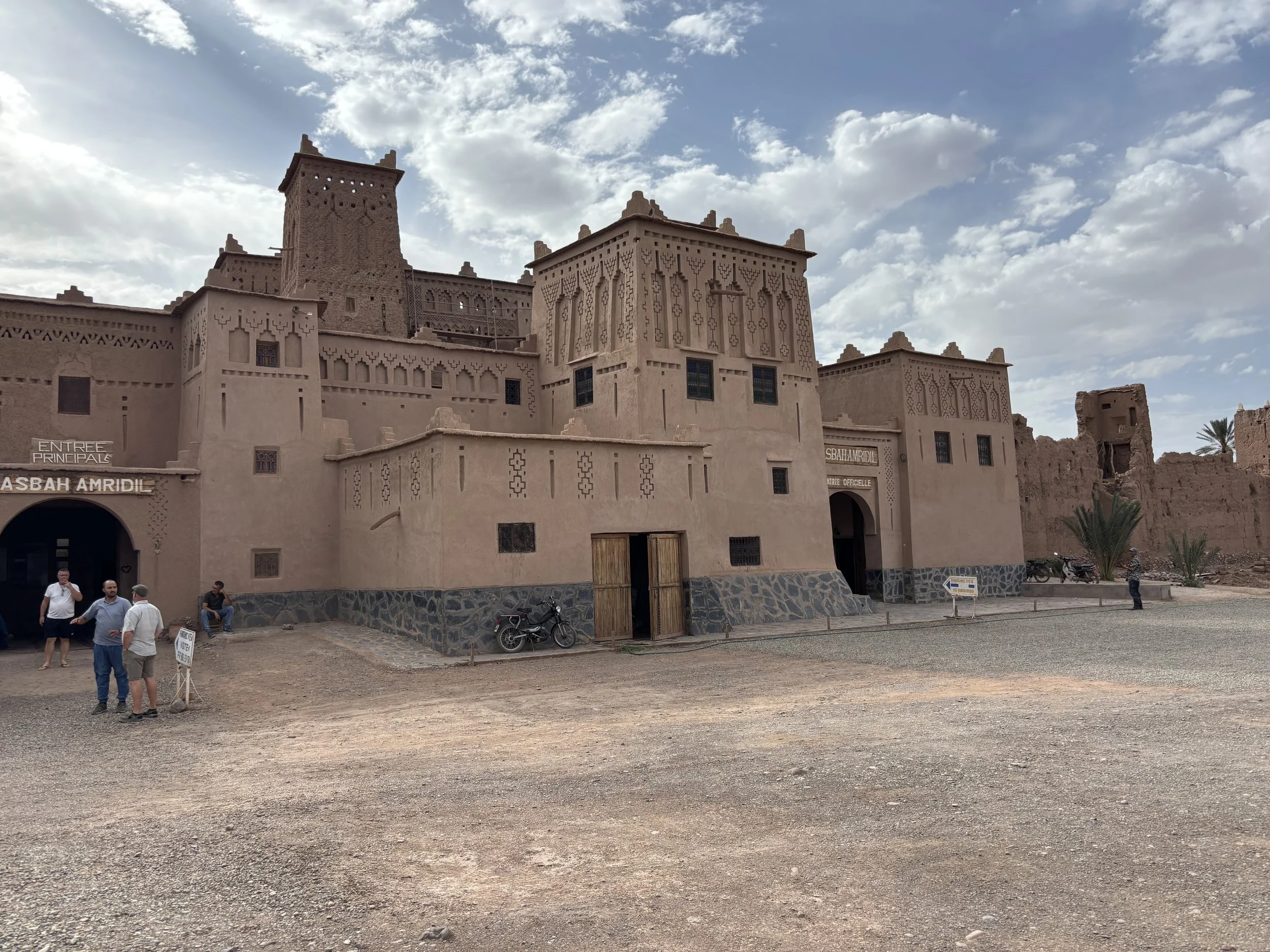
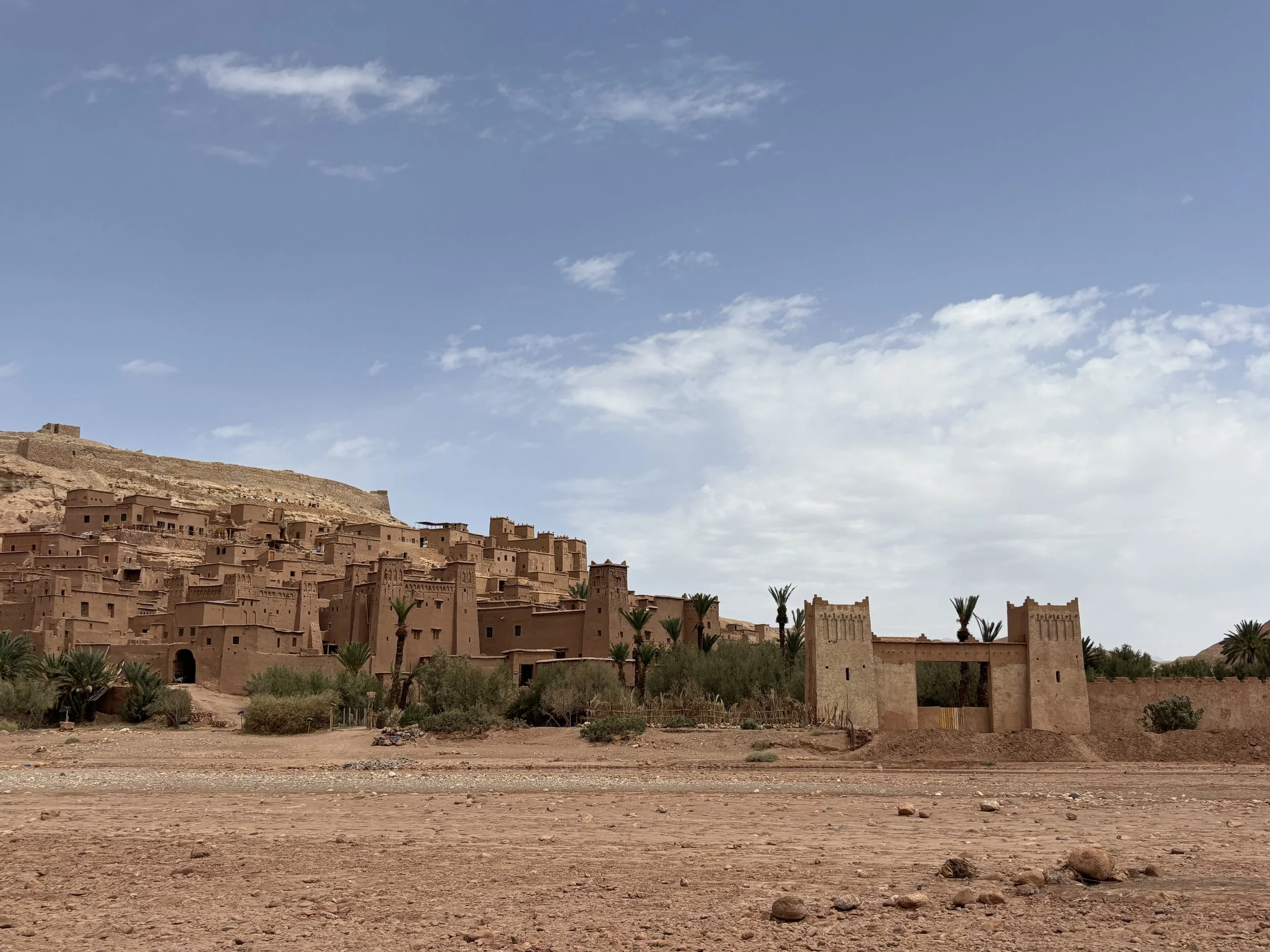
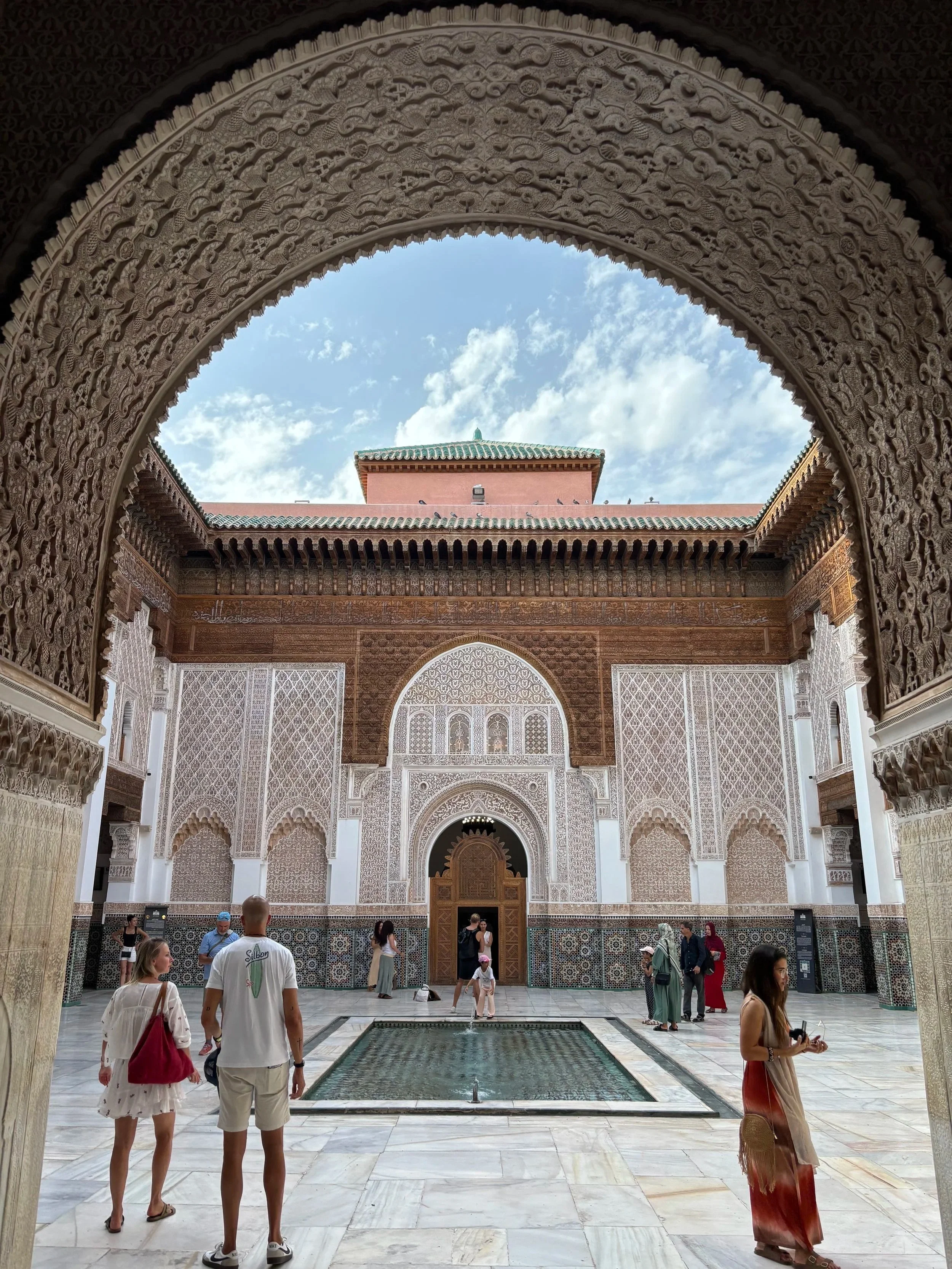
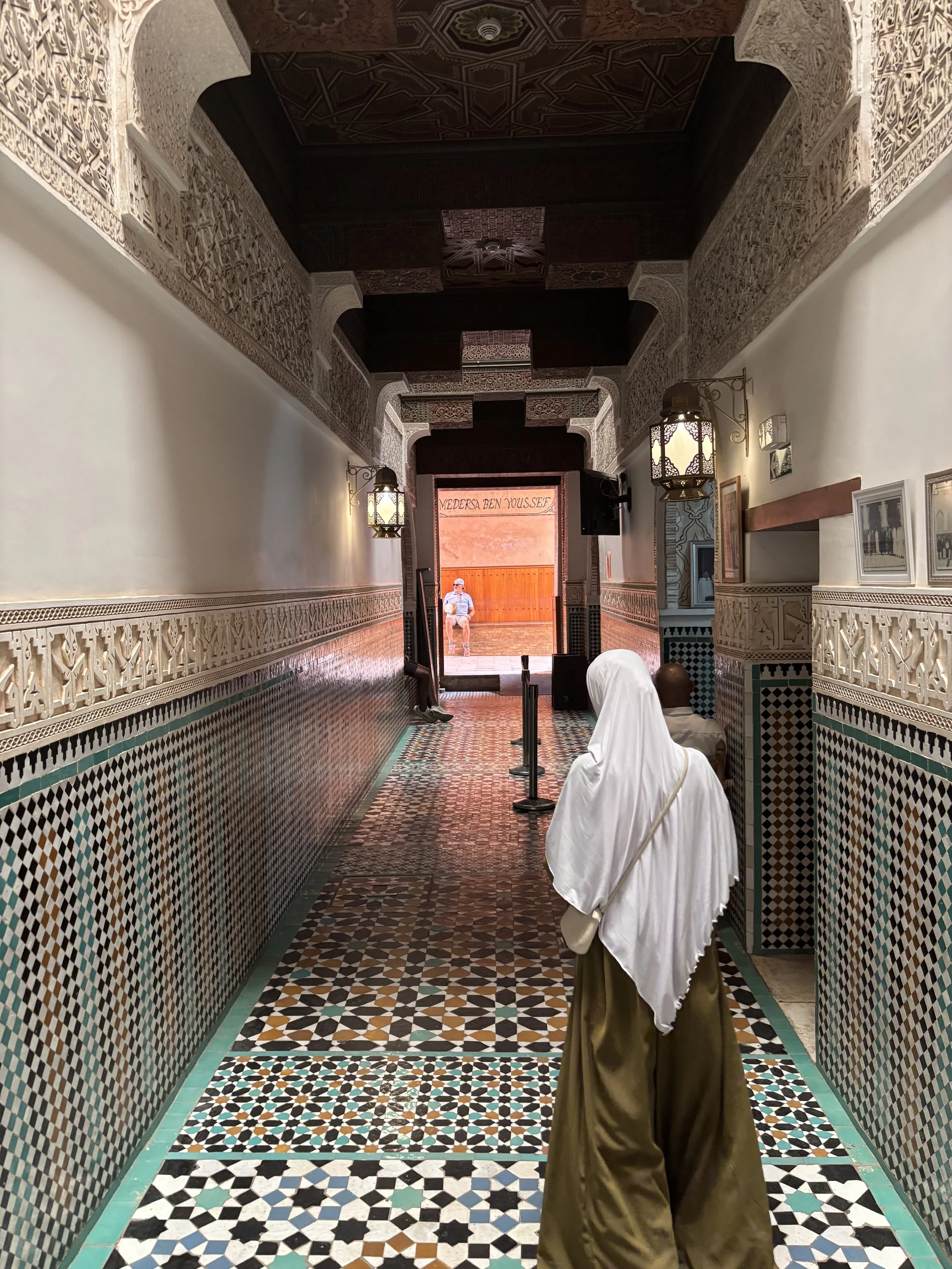
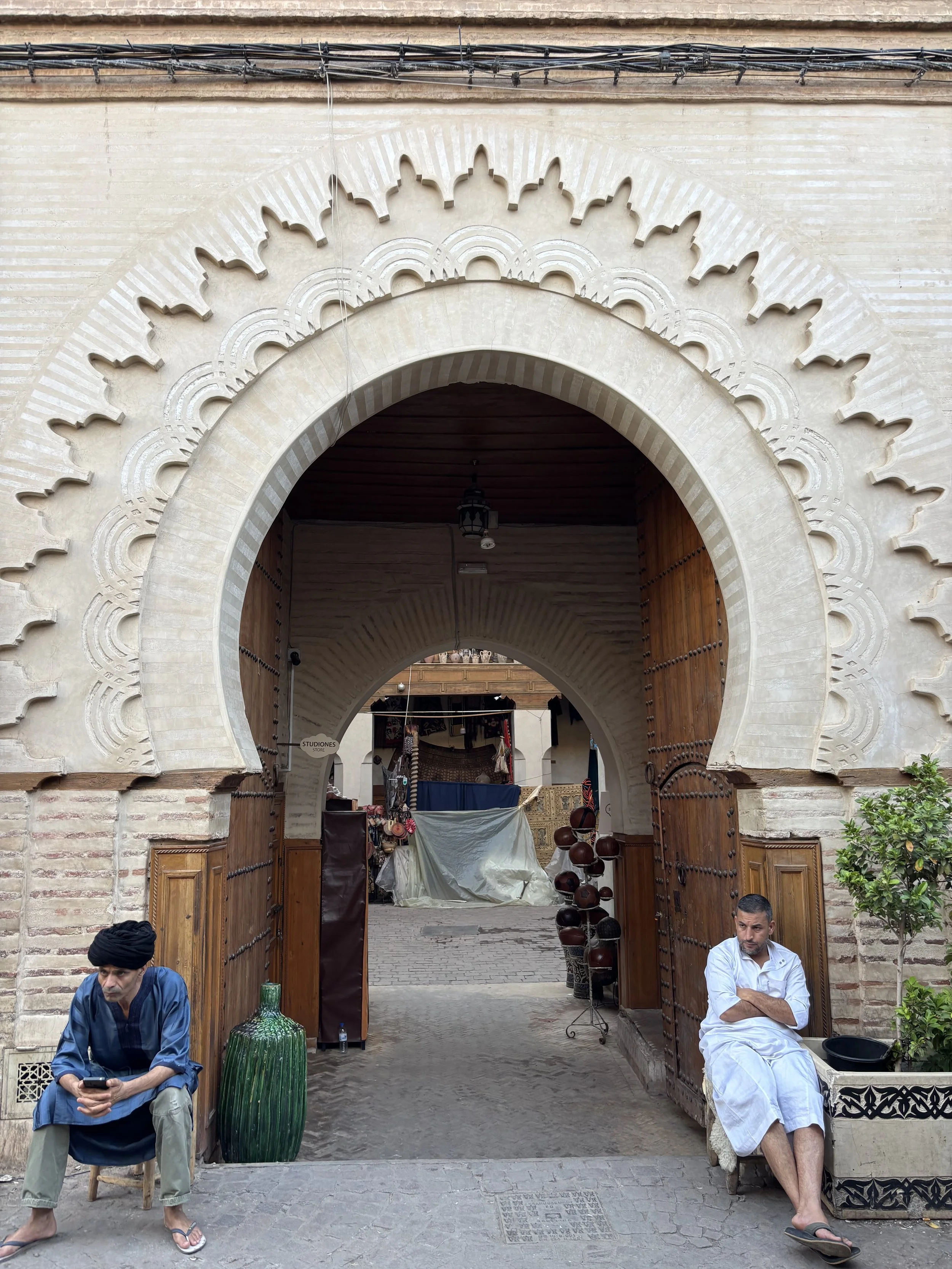
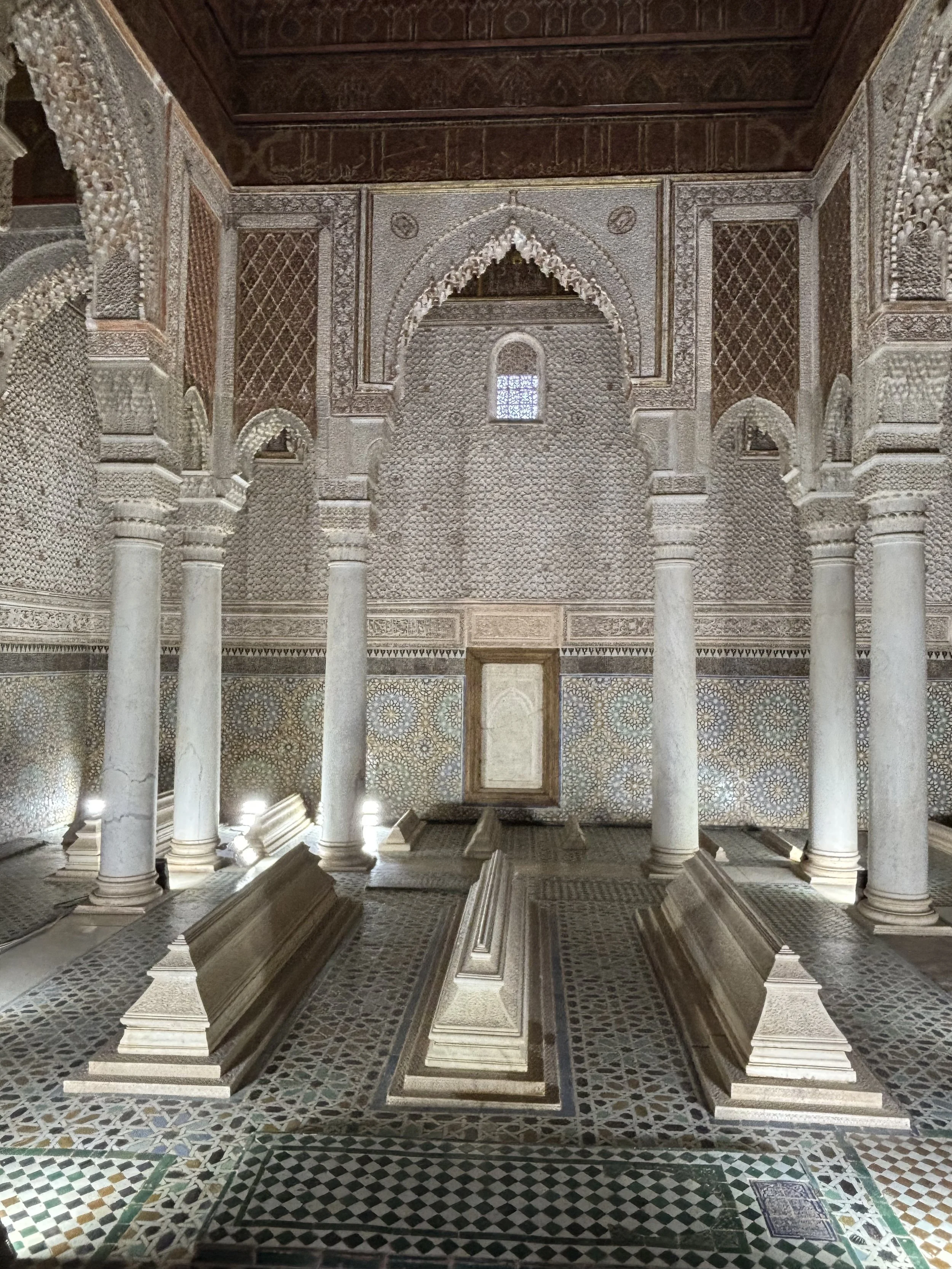
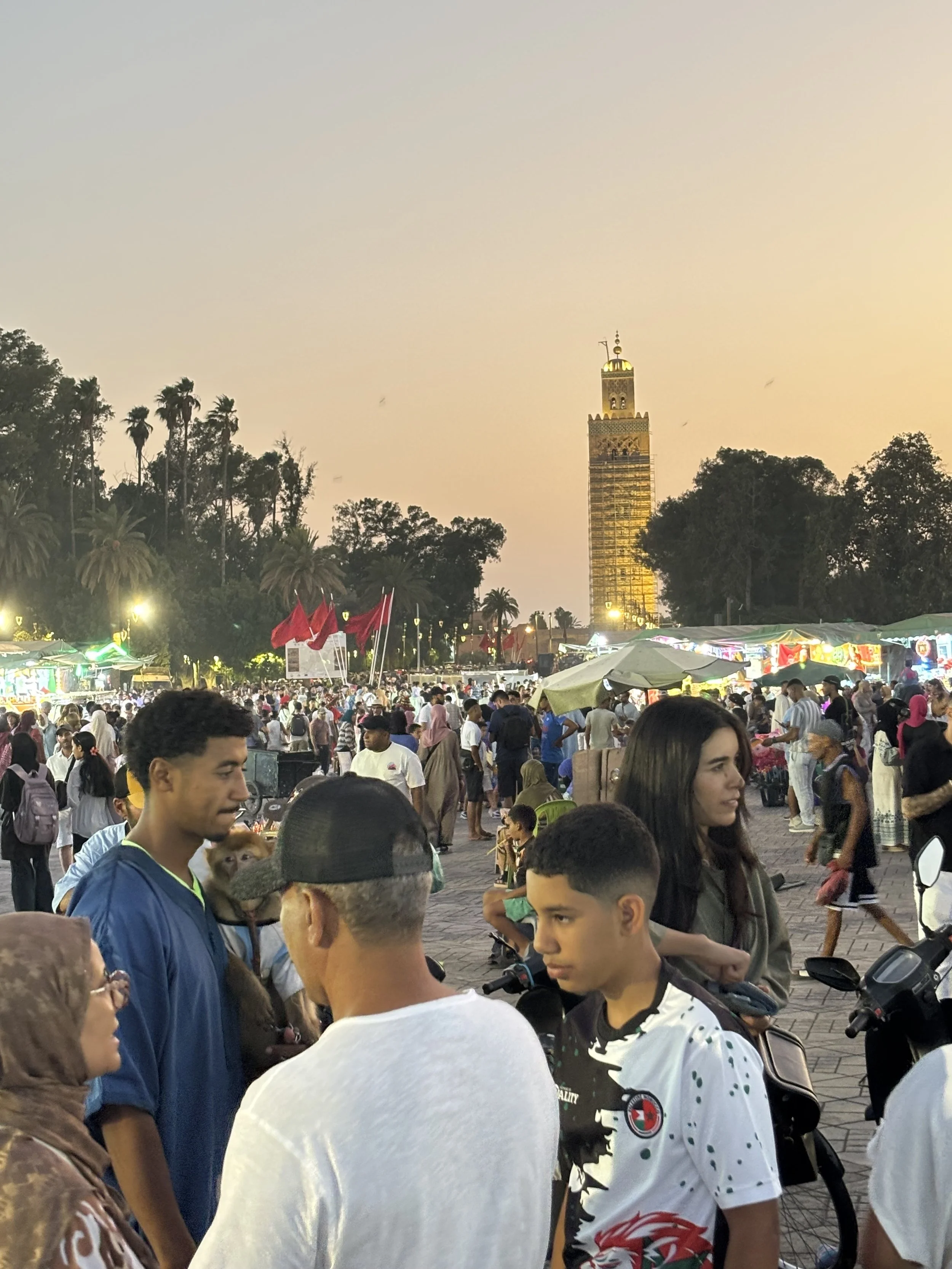
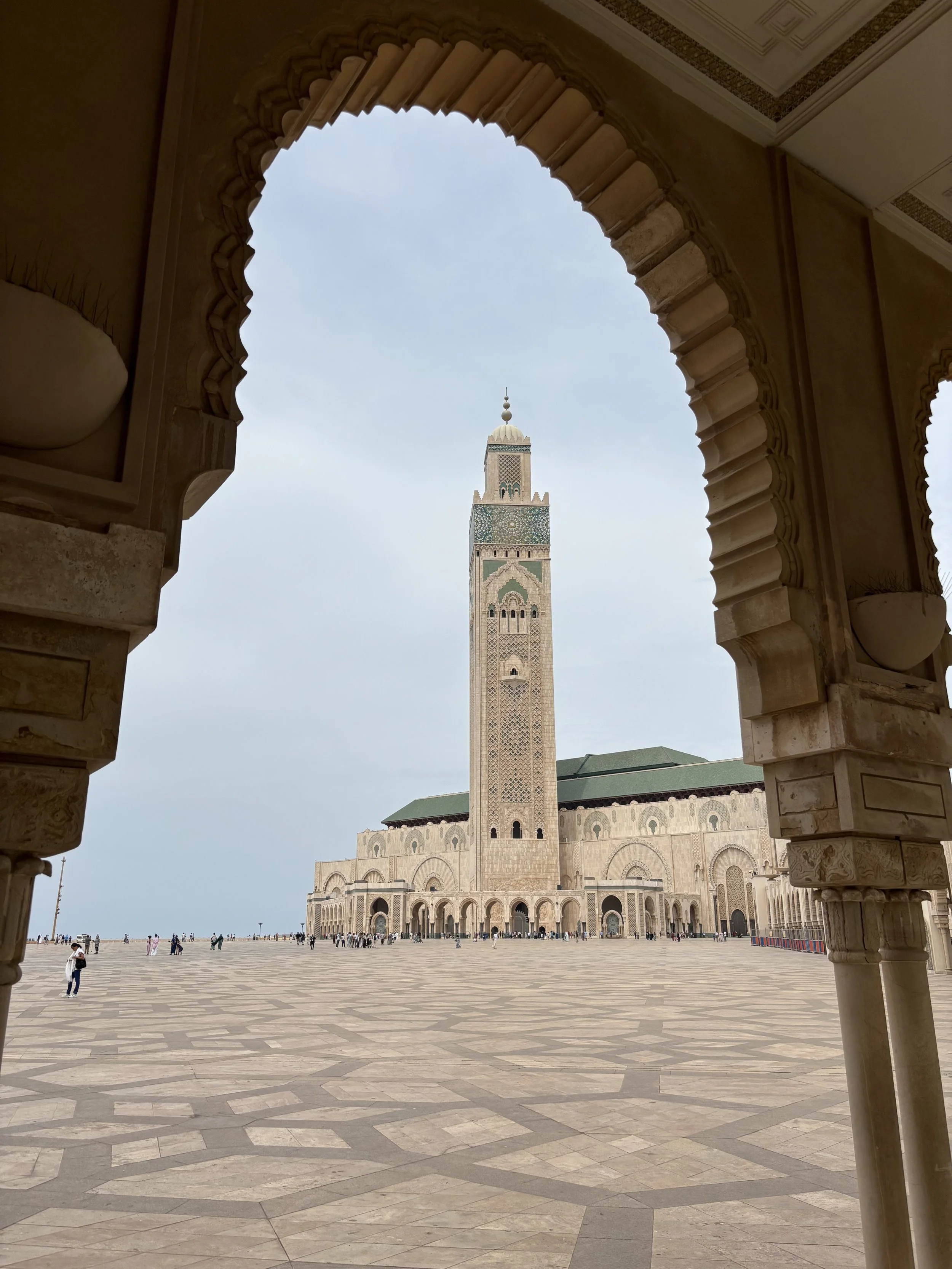
Speeding tickets were hardly the highlight of the trip. Morocco is about the size of California with similar level of geographic diversity. It is home to mountain ranges, beaches, deserts, forests, etc. and on this road trip we saw just about a little bit of everything. Over five days we drove up over the Middle Atlas mountains to Erg Chebbi (a large sand dune with peaks that can reach up to 200 meters), up through the Skoura Valley and over the High Atlas Mountains down into Marrakech before returning to Rabat via Casablanca logging about 2000 km. There were dozens of highlights and a few lowlights (like getting ticketed or overcharged for a meal) but one very unique experience was feeding wild Barbary macaques as we crossed the Middle Atlas. These macaques are the only primates in Africa to live north of the Sahara Desert. The macaques we encountered were quite amiable and comfortable with people. At the roadside dozens of locals fed the macaques peanuts and watched them play.
Unfortunately the Barbary macaque is an endangered species with a population ranging between 12-20 thousand in Algeria, Morocco, and Gibraltar. In Morocco the macaques primarily live in the cedar forests of the Middle Atlas mountains but their habitat has shrunk due to logging. Another challenge confronting the macaque population is poachers, who capture baby macaques and sell them to street performers or people wanting them as pets. While it is illegal to own a macaque in Morocco, the law is not enforced and the famed Jemaa l’Fna square in Marrakesh is filled with men making a spectacle of these macaques hoping to make a few bucks off tourists passing through. Most of these macaques are eventually abandoned as a full grown macaque is more than a man can handle. So if you ever have the opportunity to visit Marrakesh, don’t give any money to the men asking if you want a picture with their monkey.

